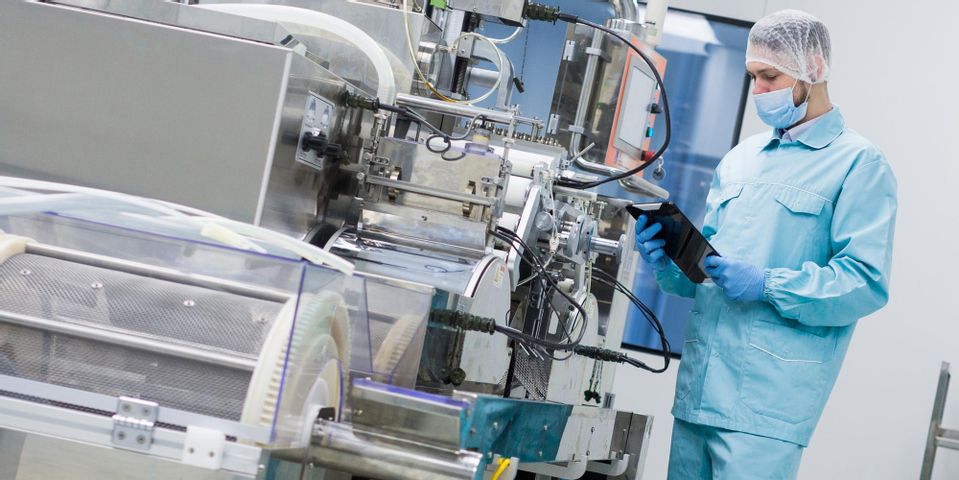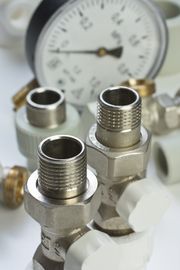Hard Chrome vs. Nickel Plating: What’s the Difference?

Industrial plating is highly beneficial for metal machinery and parts, protecting components from corrosion and damage while enhancing performance. When it comes to choosing the right finish, there are two common options: hard chrome and nickel plating. Each has its own advantages in different environments and applications. The guide below outlines the benefits and primary uses of both metal platings.
Hard Chrome Plating
Hard chrome plating involves placing a layer of chromium on a metal object, referred to as the substrate. In this process, the coated substrate is lowered into an electrochemical bath until the plating thickens. It is a smooth and durable coating known for its hardness.
The difference is slight, but chrome plating is better for reducing friction than nickel plating—although both have an advantage over other metals. This plating is also exceptional at retaining oil. Even with constant and intense contact with metal, chrome plating can resist wear and corrosion.
This type of finish can cut down on the costs of constantly replacing metal parts, making it ideal for use in industrial settings. It is often used on gears and plastic molds due to its resistance to friction and sticking.
Nickel Plating
 In the process of electroless nickel plating, the substrate is coated in a nickel-phosphorous alloy. Unlike hard chrome, it does not require an electric current. This technique relies on an autocatalytic chemical reaction to apply the coating. Nickel plating demonstrates superior anti-corrosive properties. When applied to a surface, it also provides a much more uniform coating.
In the process of electroless nickel plating, the substrate is coated in a nickel-phosphorous alloy. Unlike hard chrome, it does not require an electric current. This technique relies on an autocatalytic chemical reaction to apply the coating. Nickel plating demonstrates superior anti-corrosive properties. When applied to a surface, it also provides a much more uniform coating.
While chrome sometimes needs polishing to achieve an even finish, electroless nickel creates a constant thickness throughout each layer. This makes it less susceptible to moisture and contaminants coming into contact with the metal underneath. Additionally, it can more adequately coat rough surfaces, holes, and other uneven parts and equipment.
Nickel plating is more widely used to protect components employed in harsh conditions from corrosion. The process is critical for underground and underwater pipe fittings and pumps. Electronics, like printed circuit boards and hard drives, also utilize nickel plating to prevent corroding. In irregularly shaped components or equipment with holes, electroless nickel is the preferred finish.
If you have metal parts and equipment that need protection against damage and wear, get in touch with the experts at Porter-Guertin. Serving the Cincinnati, OH, area, they provide a variety of plating services, including hard chrome and electroless nickel plating, nickel coating, repairs, and polishing. These specialists use cutting-edge technology and trusted industry techniques to enhance the look, durability, and performance of your metal parts. Learn more about their services online. To discuss your needs with a knowledgeable team member, call (513) 241-7663.
About the Business
Have a question? Ask the experts!
Send your question

